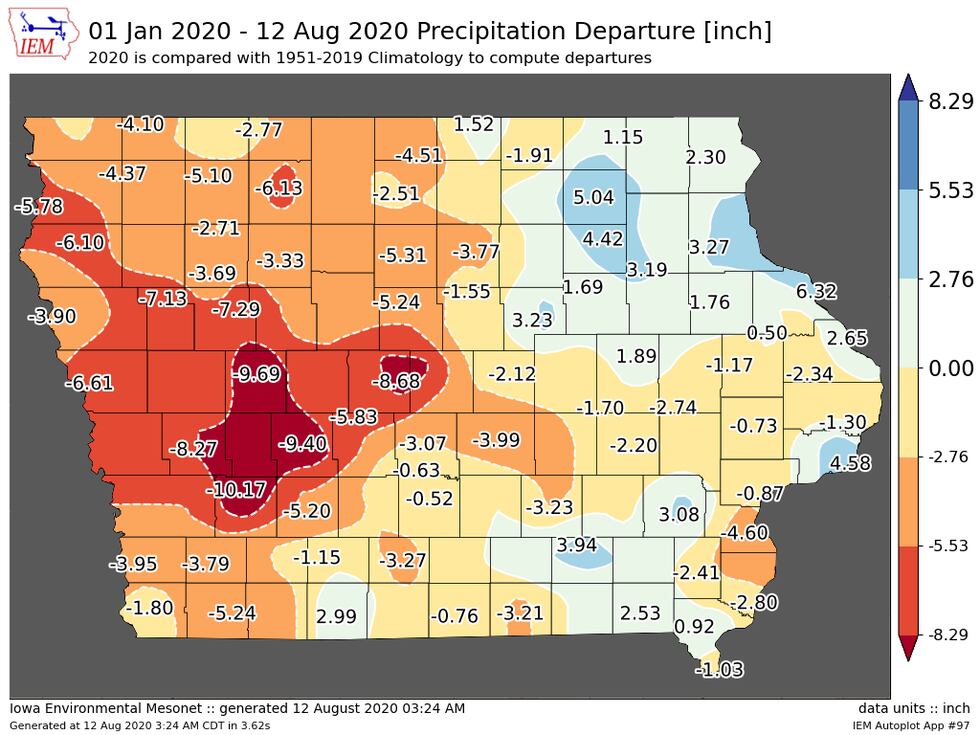The Crucial Role Of Middle Managers: Bridging The Gap Between Leadership And Employees

Table of Contents
Middle managers are the vital link between senior leadership and frontline employees. They occupy the organizational space between executive decision-making and day-to-day operations, translating strategic directives into actionable tasks and relaying employee feedback to upper management. Understanding and strengthening the capabilities of middle managers is key to fostering a high-performing and engaged workforce.
Effective Communication: The Middle Manager's Communication Bridge
Middle managers serve as a critical conduit for information, ensuring a two-way flow of communication between leadership and employees. This bidirectional communication is essential for organizational success. They are responsible for translating complex information and ensuring everyone is on the same page.
Translating Leadership Vision
Middle managers play a crucial role in deciphering and conveying leadership's vision and strategies. They must translate complex, high-level directives into clear, actionable goals and tasks for their teams. This requires exceptional communication skills and a keen understanding of both the big picture and the granular details.
- Providing clear instructions: Breaking down complex projects into manageable steps.
- Simplifying complex directives: Explaining jargon-free and making the overall goals understandable to all team members.
- Offering regular updates: Keeping employees informed of progress, challenges, and changes in plans.
Effective communication techniques include using various mediums (emails, meetings, one-on-ones), actively listening to ensure understanding, and providing constructive feedback.
Gathering and Relaying Employee Feedback
Middle managers are uniquely positioned to gather valuable feedback from employees. They're often the first to hear concerns about workflow, morale, and potential problems. This information is vital for senior management to make informed decisions.
- Conducting regular team meetings: Creating a safe space for open dialogue and feedback.
- Using surveys or feedback forms: Gathering anonymous input to encourage honest responses.
- Actively listening to employee concerns: Showing empathy and understanding, demonstrating that their voices matter.
Open and honest communication channels foster trust and transparency, ensuring that leadership receives a realistic picture of the employee experience.
Mentorship and Development: Fostering Employee Growth and Performance
Beyond communication, effective middle managers are key to employee growth and development. They act as mentors and coaches, guiding their team members towards improved performance and career advancement. This investment in employees pays dividends through increased productivity and retention.
Providing Training and Support
Middle managers are responsible for identifying individual training needs and providing necessary support. They act as coaches, offering guidance and feedback to enhance employee skills and performance.
- Identifying training needs: Through observation, performance reviews, and open communication.
- Providing mentorship opportunities: Guiding employees in their professional growth.
- Offering constructive feedback: Providing regular, specific, and actionable feedback to help employees improve.
Different coaching styles, such as mentoring, coaching, and delegating, can be applied depending on the employee's needs and skill level.
Promoting Employee Engagement and Motivation
A significant aspect of a middle manager's role is to foster a positive and motivating work environment. This includes recognizing and rewarding good work, fostering teamwork, and addressing concerns promptly.
- Celebrating team successes: Recognizing and appreciating individual and team accomplishments.
- Creating a positive work environment: Promoting collaboration, respect, and open communication.
- Fostering team-building activities: Strengthening team cohesion and improving collaboration.
Employee engagement significantly impacts productivity, retention, and overall organizational success.
Problem Solving and Conflict Resolution: Navigating Challenges Effectively
Middle managers often act as the first line of defense against workplace challenges, addressing issues before they escalate into larger problems. Their ability to effectively solve problems and resolve conflicts is crucial for maintaining a productive and harmonious work environment.
Identifying and Addressing Performance Issues
Effective middle managers proactively identify and address performance issues, providing timely and constructive feedback to improve employee performance. Addressing issues early prevents minor problems from snowballing.
- Regular performance reviews: Providing structured feedback and setting clear expectations.
- Addressing performance gaps: Providing support and resources to help employees improve.
- Providing clear expectations: Ensuring everyone understands their roles, responsibilities, and performance goals.
Handling difficult conversations requires tact, empathy, and a focus on solutions rather than blame.
Conflict Resolution and Team Building
Middle managers are often involved in resolving conflicts within their teams. Their ability to mediate disputes, facilitate communication, and promote teamwork is vital for maintaining a positive work environment.
- Mediating disputes: Helping team members find common ground and resolve their differences.
- Facilitating communication: Encouraging open and honest dialogue between conflicting parties.
- Promoting teamwork: Fostering a collaborative environment where team members support each other.
Effective conflict resolution techniques, such as active listening, empathy, and finding mutually acceptable solutions, are crucial for maintaining a healthy team dynamic.
Conclusion: Reinforcing the Crucial Role of Middle Managers
In summary, the crucial role of middle managers extends far beyond simply relaying information. They are the linchpin connecting leadership's vision with the day-to-day realities of the workforce. Their effectiveness in communication, mentorship, and problem-solving directly impacts employee engagement, productivity, and overall organizational success. Effective middle managers are crucial for bridging the gap between leadership and employees, fostering a high-performing and engaged workforce.
Invest in your middle managers to unlock their full potential and strengthen the crucial role they play in bridging the gap between leadership and employees. Learn more about developing effective middle management strategies today!

Featured Posts
-
 Trump Zelenski Co Wydarzylo Sie Podczas Ich Rozmow
May 30, 2025
Trump Zelenski Co Wydarzylo Sie Podczas Ich Rozmow
May 30, 2025 -
 Rainfall In March Below Average Water Deficit Remains
May 30, 2025
Rainfall In March Below Average Water Deficit Remains
May 30, 2025 -
 Affaire Marine Le Pen Appel En 2026 L Analyse De Laurent Jacobelli Et La Reaction De Cyril Hanouna
May 30, 2025
Affaire Marine Le Pen Appel En 2026 L Analyse De Laurent Jacobelli Et La Reaction De Cyril Hanouna
May 30, 2025 -
 Crispr Gene Editing Inserting Entire Genes Into Human Dna
May 30, 2025
Crispr Gene Editing Inserting Entire Genes Into Human Dna
May 30, 2025 -
 Realtors Home And Garden Show Returns To State Fair Park
May 30, 2025
Realtors Home And Garden Show Returns To State Fair Park
May 30, 2025
Latest Posts
-
 Thuy Linh Gap Doi Thu Manh O Thuy Si Mo Rong 2025
May 31, 2025
Thuy Linh Gap Doi Thu Manh O Thuy Si Mo Rong 2025
May 31, 2025 -
 Novak Djokovic Rakipsiz Bir Kariyerin Zirvesi
May 31, 2025
Novak Djokovic Rakipsiz Bir Kariyerin Zirvesi
May 31, 2025 -
 Tenis Yildizindan Tarihi Rekor Novak Djokovic Bir Ilke Imza Atti
May 31, 2025
Tenis Yildizindan Tarihi Rekor Novak Djokovic Bir Ilke Imza Atti
May 31, 2025 -
 Novak Djokovic In Yeni Rekoru Tenis Duenyasinda Bir Ilke
May 31, 2025
Novak Djokovic In Yeni Rekoru Tenis Duenyasinda Bir Ilke
May 31, 2025 -
 Megarasaray Acik Turnuvasi Nda Bondar Ve Waltert In Ciftler Sampiyonlugu
May 31, 2025
Megarasaray Acik Turnuvasi Nda Bondar Ve Waltert In Ciftler Sampiyonlugu
May 31, 2025
